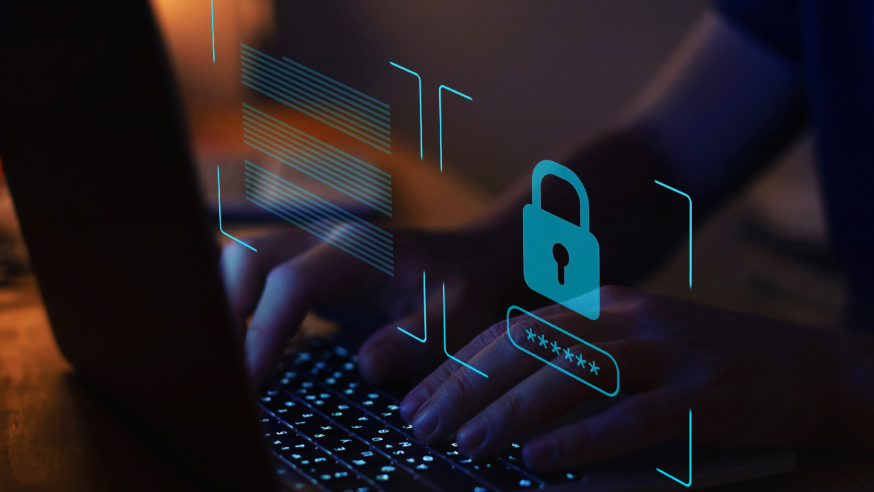Have you ever dreamed of a world where you can shop for groceries from the comfort of your couch, connect with friends and family across oceans with a simple click, and even work remotely from anywhere on the globe? Well, it’s the world we live in today, thanks to the internet. The digital age has definitely transformed the way we live, work, and play, which has made our lives more convenient and interconnected than ever before. However, along with this advancement comes a dilemma that affects us all: online safety.
With the increasing number of cyber criminals that are becoming more and more creative in their methods, it’s always best to stay on top of your online security. So, in this blog, we’ll go over some tips on how you can protect yourself online.
1. Use Strong Passwords
Of course, let’s start with the basics. It’s one of the simplest yet most effective ways to enhance your online security. Using strong, unique passwords for each of your online accounts is important, even though it can be tricky to keep track of. The rule of thumb to remember is to avoid easily guessable passwords like “password1234” and “123456”, or using your name and your birthdate.
Instead, you should focus on creating complex passwords with a combination of upper and lower-case letters, numbers, and special characters. You can also use a password manager to help you generate and store secure passwords.
2. Use Secure Wi-Fi Networks
When connecting to the internet, use secure and trusted Wi-Fi networks. Start with your home network. Whether you’re using Dish Network Internet or any other home service provider, securing your home Wi-Fi network should be your priority. You can do this by changing the default password to one with random uppercase and lowercase letters, special characters, and numbers.
Also, avoid public Wi-Fi networks for sensitive activities like online banking or shopping. If you must use public Wi-Fi, consider using a Virtual Private Network (VPN) to encrypt your connection and protect your data.
3. Enable Two-Factor Authentication (2FA)
Two-factor authentication adds an extra layer of security by requiring you to provide a second piece of information, such as a one-time code sent to your mobile device, in addition to your password. Enable 2FA whenever it’s available for your online accounts, especially for sensitive ones like email, social media, and banking.
4. Keep Software and Operating Systems Updated
Staying on top of software updates is a fundamental aspect of maintaining your online security. Think of it as the digital equivalent of maintaining your car – regular check-ups and maintenance keep everything running smoothly. Software developers are constantly improving their products and, crucially, addressing security vulnerabilities that may have been discovered since the last update.
Your operating system, web browsers, and various applications are all potential entry points for cyber threats. By keeping them up to date, you’re not only benefiting from enhanced features and performance but also strengthening your protection against the latest online threats.
5. Be Cautious with Email
Phishing attacks are still a common online threat nowadays. Always, always be skeptical of opening emails from unknown senders, especially those requesting personal information and financial details or urging you to click on suspicious links. With emails, ask yourself if you were expecting this email, and whether the sender’s request seems reasonable in the context of your previous interactions.
A common red flag in phishing emails is the urgency or pressure they apply. Cybercriminals often use fear or a sense of impending consequences to manipulate recipients into taking hasty actions. They might insist that your account will be suspended unless you click on a link and provide sensitive information immediately. Here’s what you should always do: pause, think, and verify.
6. Educate Yourself about Online Threats
As mentioned, cybercriminals are getting more and more creative in their methods. That’s why it’s important to stay up-to-date with the old and new threats that are emerging. You can read articles online, join online community groups that talk about that specific topic, or even participate in online courses or workshops to enhance your cybersecurity awareness. This way, you can protect yourself properly from these online threats.
Conclusion
Remember, your online security is in your hands, and it has become your responsibility since you started embracing the convenience the internet offers. So, with these tips in mind, you can now browse the web and use the internet for any online activities with peace of mind. Happy browsing!


